By Michele Bourdieu
Abhilash Kantamneni, or "Abhi" as he is known locally, founder of the Houghton Energy Efficiency Team (HEET), is pictured here in front of a Keweenaw map mural in Houghton, with the Heart and Hands of the Keweenaw Award, which he won for 2015. Abhi will be missed by many Copper Country residents as he departs from Houghton to continue his graduate studies in Guelph, Ontario.
HOUGHTON -- "Abhi" is a name that local residents associate with renewable energy. Why? Because Abhilash Kantamneni, known as "Abhi," in just the past few years while doing graduate work at Michigan Tech, has devoted much of his time to helping this community learn about sustainability through clean and more efficient energy. Local residents of all ages will miss Abhi as he sets off for Canada at the end of this month to continue his graduate studies in Guelph, Ontario.
In 2015, Abhi was declared winner of the Heart and Hands Award of the Keweenaw for his outstanding ability to educate the public and bring people from all walks of life together to promote energy conservation and a greener vision for local energy," according to Terry Kinzel, originator of the award.*
As the Founder/Program Director of the Houghton Energy Efficiency Team (HEET), Abhi helped the team qualify as semi-finalists in the Georgetown University Energy Prize, $5 million for the best achievement in energy efficiency. With his own personal energy, Abhi directed the design of HEET's Energy Plan for Houghton County -- the smallest, most rural and most economically disadvantaged of the 50 semifinalists in the two-year competition that began in January 2015 and continues to December 2016. The challenge in this second year of the competition is to implement the Houghton County Energy Plan in order to reduce utility-supplied energy consumption in a manner that is likely to yield continuing improvements within this community and replication in other communities.**
In addition to his work with HEET, Abhi is responsible for tripling the solar capacity in Houghton County through his "Solarize Houghton" program. He also built a free-to-use solar calculator that is now used across Michigan, later building calculators for Wisconsin and Minnesota, Kinzel noted in the Heart and Hands Award announcement.
"Abhi has conducted numerous presentations to groups ranging from high school students to engineers, educating churches, schools, and community members about energy usage and the viability of solar power in cold, snowy climates," Kinzel added. "He also addressed an extremely important aspect of alternative energy: affordability. He’s helped churches and civic groups apply for grants and implement creative solutions to funding the purchase, installation and maintenance of solar energy systems. One of the qualities that members of the Heart and Hands Award particularly appreciated about Abhi is his unique knack of making complex history and political actions clear -- and technical details digestible."
Abhi to study comunity energy policy in Ontario
One reason Abhi is moving to Ontario is the fact that his wife, Paula Levesque, is living and working in Canada -- in Winnipeg, Manitoba, where her family lives. Another reason is that the province of Ontario encourages cities to come up with their own community energy plans, Abhi told Keweenaw Now in a recent interview.
"About two dozen cities in Ontario are in the process of creating their own community energy plans," he said. "It's very comprehensive there because the cities have direct control over their infrastructure. Here in Houghton our energy infrastructure (the grid) is owned and controlled by a private company and regulated by the State of Michigan."
In contrast with Houghton County, several Upper Peninsula communities do have control of their utilities, he added.
"Even in the U.P. there are cities, like Marquette, that own their own utility company -- so they have more flexibility," Abhi noted.
Abhi said he wants to go to a place where he would feel he's making a big impact.
"Here in Houghton I feel like I've done a lot, but you run into brick walls with the utility company and how they're regulated," he said. "We don't have a lot of agency and a voice to be able to make changes. Utility rates keep increasing, and I am yet to hear a solution from any of the people in charge."
Abhi noted also that he asked the Upper Peninsula Power Company (UPPCO) what they're going to do to reduce rates, which are among the highest in the U.S. -- but he never received an acceptable answer from them.
Abhi's love for the U.P.
Asked if his long-term goal is to stay in Canada or to return here, Abhi said that would be a difficult decision.
"It's really difficult to say. I love it here," he said. "I honestly think of this place as home."
Abhi and Paula were married last September in Houghton's Chutes and Ladders park.
"On September 04, 2015, I married the love of my life, Paula Levesque," Abhi said. "Due to certain organizational constraints, we missed our appointment with the county magistrate. We ended up with the quickest, funnest and happiest wedding possible":
Paula and Abhi get married in Houghton. (Video courtesy Abhilash Kantamneni. Published with permission.)
Richelle Winkler, Michigan Tech associate professor of sociology and demography, who has worked extensively with Abhi on HEET and the Houghton County Energy Plan, attests to Abhi's love for the Keweenaw and the U.P.
"Abhi is in love with Houghton, the broader Keweenaw region, and the whole UP," Winkler says. "It's the kind of love that energizes him and inspires him to give back. This love is much deeper than a love of Lake Superior or the forests or trails that so many of us feel. He loves the culture, the history, and the individual people and families who live here. It's this love that motivates him to work on our problems -- like the fact that so many people spend so much of their income on heating and power. Abhi loves us, and we love him back."
Winkler notes also Abhi's talents in community organizing.
"He is probably the best community organizer that I've ever met," Winkler adds. "It's because he genuinely loves us so much that he listens to all different types of people, he gives whatever it takes to get things done, he is funny and happy and inspiring, he is kind and compassionate, and he is smart. I've no doubt that Abhi will bring this same kind of energy to Guelph. It's time for him to do something for himself, his family, and his future career and go. I'll miss him. The whole community will miss him. The UP region will feel his absence. And even the hundreds of people downstate that he has inspired and worked with will miss him. But, I know that he's leaving us all in a better place."
Abhi, who was born in India and grew up in North Africa, is used to traveling, living and studying in many countries and adapting to different cultures. His undergraduate degree from India is in electrical engineering. While at Michigan Tech, he earned two masters degrees -- one in physics and one in computer science. Abhi intends to earn a doctoral degree in Guelph that will be related to his interest in energy policy. He believes the U.S. lacks a cohesive energy policy, and he hopes to learn more about a "bottom-up" energy policy.
"I don't pretend to have all the answers, so I'd like to learn how cities can be in charge of determining their own energy future and how they are transitioning to a clean energy future," Abhi explained.
His doctoral dissertation at the University of Guelph will be a study on how to help cities create their own community energy plans and how to build a general framework for cities to be able to do so. He plans to look at what cities are doing to transition to a clean energy policy -- to see what lessons can be learned from their efforts and to see how we can use those lessons to inform state and national energy policy.
"What we are learning is that, for individuals and communities, there are a lot of reasons to move towards a sustainable future," Abhi noted. "It's not just concerns about climate change. It's about freedom of choice -- about local decision-making, self-determination, opportunity."
Abhi said he considers himself a very optimistic person.
"I think the future is going to be great, and I want to be part of that," he said.
Technology and change
"We are on the threshold of huge changes in energy infrastructure," Abhi said. "Technology is getting better and cheaper. Just last year, for the first time in history, they installed more solar energy than natural gas in the U.S. grid."
Nevertheless, solar energy could be moving faster if better storage were available, he added. Storage could completely revolutionize the way we use the grid and would make it easier to integrate clean energy sources into the grid.
"Any electricity has to be consumed the moment it's generated because we don't have good storage technology yet," Abhi explained. "It's improving, but as of today we don't have adequate grid-size storage."
Abhi notes that while coal and nuclear energy have provided cheap "baseload" energy over a long time, both coal and nuclear plants are aging and building new ones is very cost-intensive.
Abhi designed this diagram to illustrate how clean and cheap energy can be integrated into the grid. While coal and nuclear are still needed for baseload energy, cleaner energy sources should be used when available. (Image © and courtesy Abhilash Kantamneni)
"As nuclear and coal plants come up for retirement, we're going to see them replaced by clean energy sources," he said.
Abhi noted that natural gas, in spite of concerns about fracking methods, is considered clean energy because it doesn't emit CO2. He considers it a transition energy source.
"I think natural gas is going to be a great transition fuel for the next three or four decades as we move away from coal and nuclear," he said. "It gives us more time to integrate more renewables into the grid."
As for wind energy, Abhi referred to a May 2016 article in Midwest Energy News about a potential 121-turbine, 150-megawatt wind energy project in Baraga and Marquette counties, which could be good news for the UP if it becomes a reality.****
Energy Justice
Abhi is also concerned about how energy justice plays into a community energy plan. What he calls "energy poverty" is the situation where people with low incomes are still charged high rates for energy and lack the agency to change their situation.
Asked about the work being done by the HEET group in promoting energy efficiency and helping local low-income residents insulate their homes, Abhi was optimistic about the group's future.
"I think they're doing important work -- helping the most vulnerable members of our community -- and, even though the Georgetown University Prize might only be a two-year effort, I can see the HEET group continuing to do the good work they've been doing," he said.
Abhi said he is a believer in the "American Dream" -- but not the image of the suburban house, car, picket fence, etc. For him the American Dream means you can aspire to greatness.
"It means hard work and tenacity are rewarded with opportunity regardless of the circumstances of your birth," Abhi said.
NOTES:
* The Heart and Hands Society provides recognition to a person who has given of her or his heart and hands in the service of peace, justice, or the environment who might otherwise not be recognized. The recipients are given the opportunity to designate a local non-profit organization to receive a cash donation. Abhilash Kantamneni, the most recent recipient of this award, chose the Barbara Kettle Gundlach Shelter to receive his donation. Click here to learn more about the Heart and Hands Society.
** Click here to read the Houghton County Energy Plan. Learn more about HEET's work on their Facebook page.
*** See our Jan. 21, 2015, article, "Houghton County, HEET celebrate semifinalist status for Georgetown University Energy Prize competition."
**** Click here to read the Midwest Energy News article on the potential wind energy project for Baraga and Marquette counties.























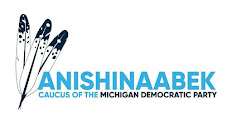
























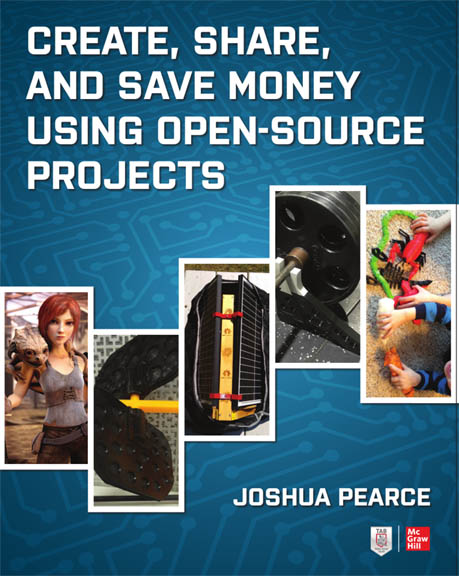


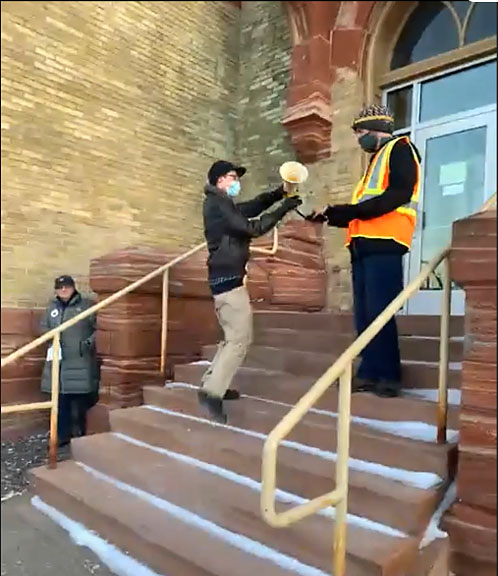
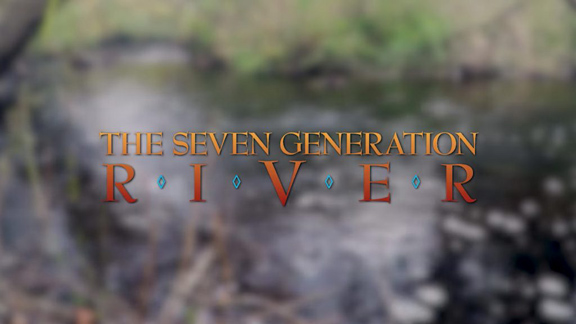


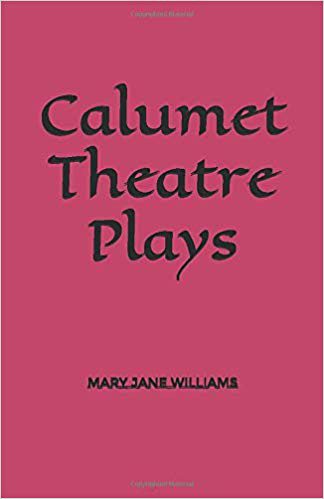
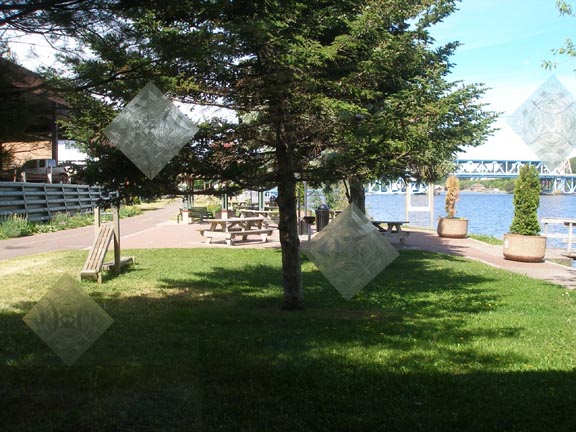










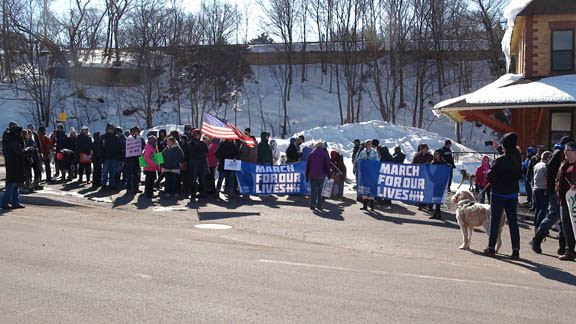


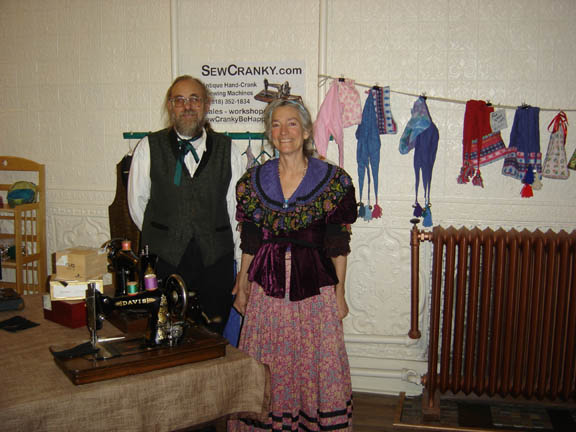
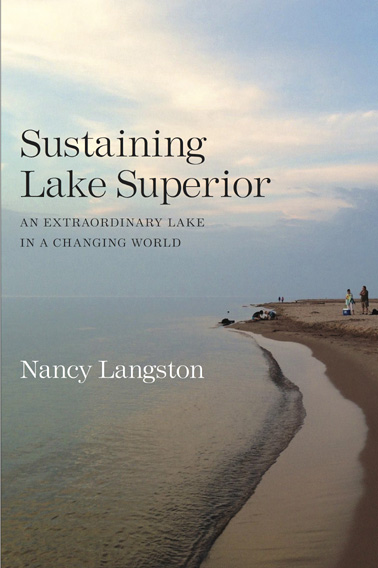









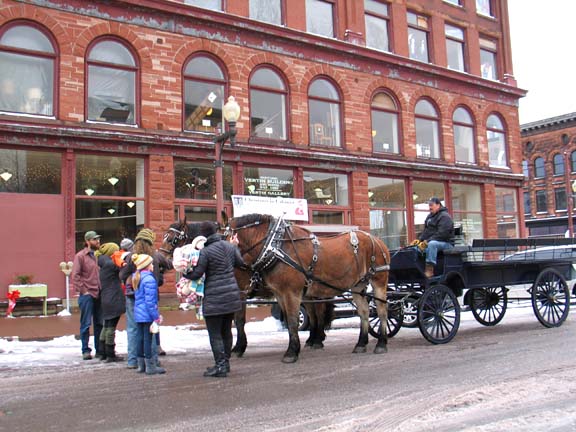

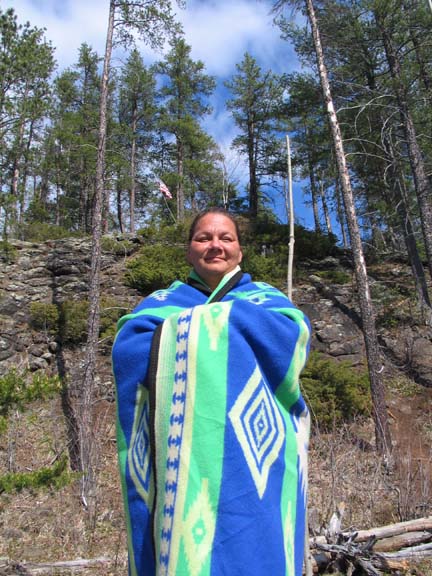


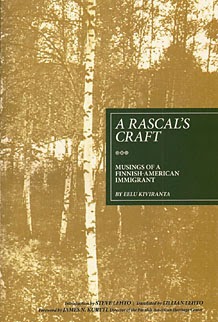



















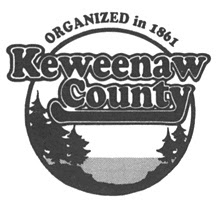





No comments:
Post a Comment